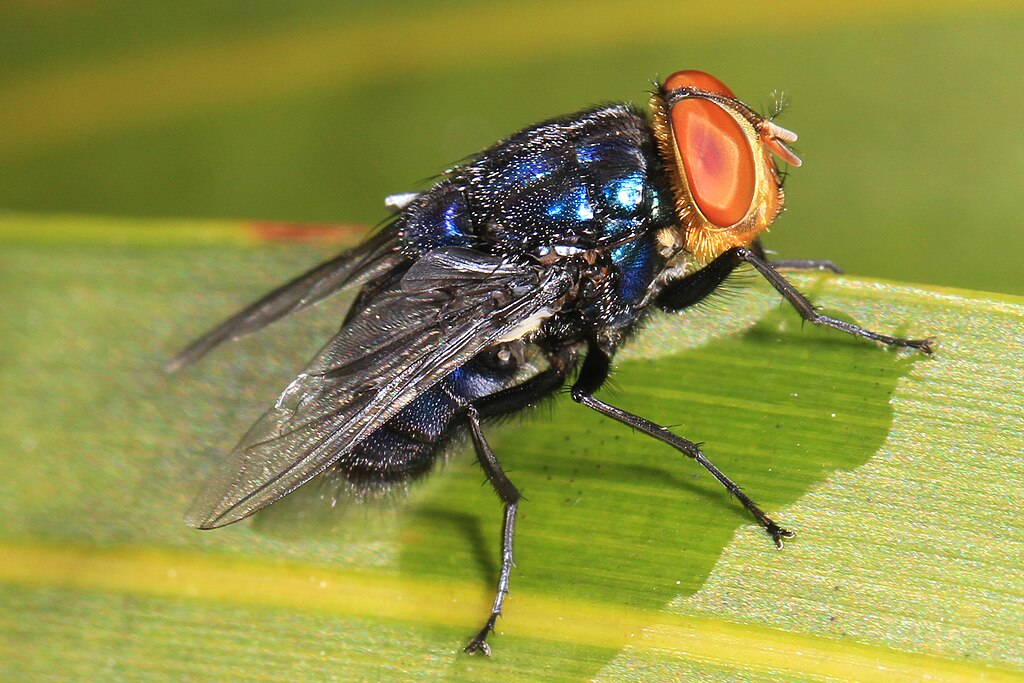The Pan American Health Organization (PAHO) yesterday urged countries in the Americas region to step up their pertussis (whooping cough) surveillance and vaccination efforts due to rising infections that now include the spread of antibiotic-resistant strains.
.jpg)
Treatment of Bordetella pertussis infections relies on macrolide antibiotics including azithromycin, clarithromycin, and erythromycin. However, genetic mutations in the bacteria’s 23S rRNA reduces drug effectiveness for treating patients and contacts. Since 2024, antibiotic-resistant pertussis cases have been detected in four Americas countries: Brazil, Mexico, Peru, and the United States.
PAHO said widespread inappropriate use of antibiotics like azithromycin during the COVID-19 pandemic may have contributed to the emergence of resistant pertussis strains.
Urgent action needed to contain resistance
Pilar Ramón-Pardo, MD, PhD, who heads PAHO’s special program on antibiotic resistance, said vaccination, surveillance, and responsible use of antibiotics are critical to prevent pertussis from becoming a serious public health threat again. Scientists shared their concerns during a recent meeting of the Latin American and Caribbean Network for Antimicrobial Resistance Surveillance. “We still have time to contain this issue, but we must act now: increase vaccination coverage, strengthen early detection, and enhance our outbreak response capacity,” she added.
We still have time to contain this issue, but we must act now.
The emergence of resistant strains comes amid a global resurgence of pertussis over the past few years due to declining vaccination rates. Countries in the Americas recorded 4,139 cases in 2023, with the total surging to 43,751 in 2024. In the first 7 months of 2025, countries have already reported 18,595 cases, 128 of them fatal.
During the pandemic, regional coverage of the first and third diphtheria, tetanus, and pertussis (DTP) vaccine in the Americas declined to historic lows and has partially recovered. However, PAHO said the rates remain below the 95% recommended levels, with significant disparities within countries. Alongside childhood vaccination, PAHO recommends immunization for pregnant women, especially during outbreaks, and health workers who have contact with newborns.
















